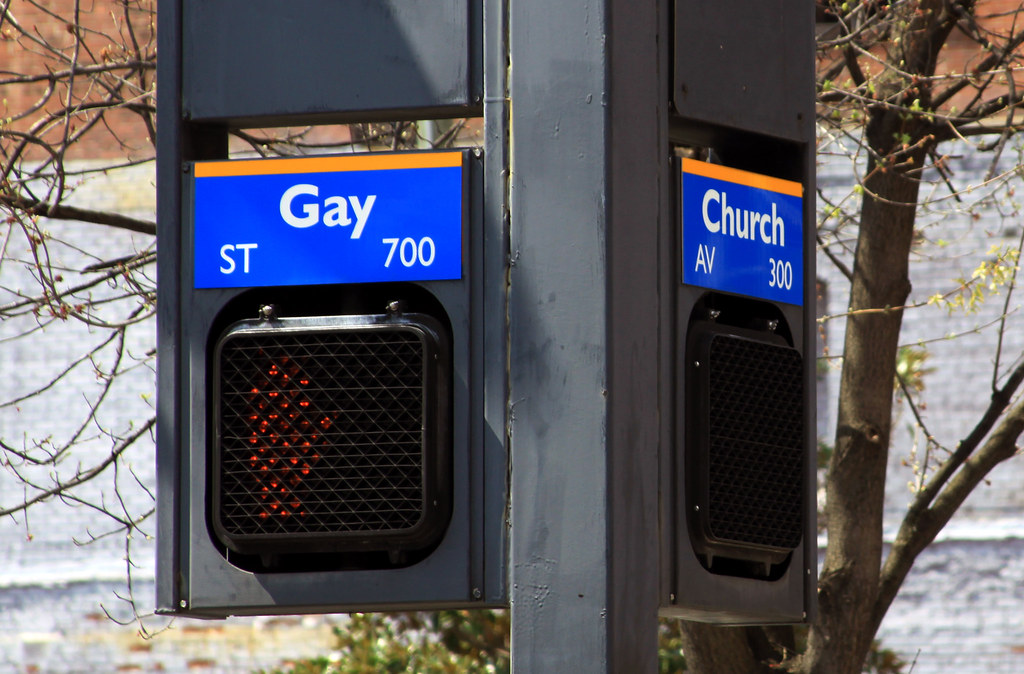I was wondering if you might have a few words on the prison. I'm playing, as well as Dennis Shepard, Andrew Gomez the convict who met Aaron inside Jail. What was the Latino community in Laramie- very small? Thought of as outsiders, criminals? What jobs did they work?In order to answer your questions on the jail a little better, I need to clarify: do you mean the county lockup, or the state prison where McKinney and Harrison sent after their conviction? The one is in Laramie and basically a little side building next to the courthouse, but the other is in Rawlins.
As for the Latino community, this is a question that I've been asked before, and don't feel super confident in answering, but I'll do my best. The truth is that Laramie's Latino community was rarely thought about at all, almost an invisible population of sorts. In fact, when I asked my husband Badger about their position in Laramie, he smirked and said, "you mean, they existed?" That's a telling comment: even though the Latino population is the state's largest minority, they don't really "stand out," so to speak. When I was in Laramie, I had almost no interaction with the Latino community per se on the campus, and this is where my isolation from the rest of the town makes it harder to speak with confidence.
If their treatment is anything like some of the other ethnic minorities in Wyoming, however, a lot of their status depends on whether they were born native to the region or not. If you grew up in the region and understand its mores, you are largely accepted as part of the community, at least to a certain extent. There's also a class difference, too: many of Laramie's minorities come in as highly educated professionals at the university and therefore have a privileged status in the community. But those Latinos moving from other parts of the country without those credentials, and especially the 2% who emigrate from Mexico, are very much on the margins. And, since Laramie's economy is not based on Wyoming's more prosperous mining, farming, and oil industries, that limits the number of good-paying jobs available to a population already pushed to the edges.
My sister Sparrowhawk was a foreman for a road construction subcontractor, and for a while my brother Coyote worked in the same company. Sparrowhawk often had Latino crew members working as flagmen and maintainers. The rest of her road crew usually comprised of high school dropouts and recent parolees, if that gives you some idea of their relative social standing. I think that many of them, like Aaron and Russ, also worked in roofing and construction. As you can imagine, this leaves those families working these jobs in a precarious spot, especially if they have a language barrier working against them. Construction is heavily seasonal work and often leaves people unemployed for months over the winter. This marginalization seems all the more stark to me when you realize that the Mexican vaqueros (or "buckaroos" in my lingo) were the first and finest cowboys in North America, but to my very limited knowledge I never saw that many break into ranching around there.
I have been told that some Native American and Latino families left Laramie after the Shepard murder because they felt physically threatened. I can't vouch for that, but it makes a lot of sense to me. As you may know, McKinney and Henderson were arrested initially for getting into a fight with two young men the day after they kidnapped Shepard; the cops found Shepard's identification and shoes in the truck, and that connected them to Matthew's beating. What you may not know is that the two men McKinney attacked were Latinos. Tiffany Edwards wrote an article on the confrontation in the Laramie Daily Boomerang after Matthew died: less than a day after attacking Shepard, McKinney pistol-whipped one of the young men, Emiliano Morales, after he slashed McKinney's truck tire. The victim's father said that "[McKinney] would have done the same thing" to Emiliano that he had done to Shepard if he, like Matt, had been alone at the time. Laramie Latinos, therefore, might very well have interpreted Matthew Shepard's murder as a warning against them just as much as the gay community did. I can't confirm that this was the case. But I could see why it might be true.
The second reason is that our cultural landscape has never granted much of a place for displaced minorities. Although Native Americans are also a minority in Laramie, they have a very clear place in the Western mythos; we need them to play a specific role in the stories we like tell about ourselves as a culture. That doesn't translate to better social treatment, but they are at least recognized. The Hispanic migrants don't have a historical role to play in our cultural memory, and that causes its own problems. We overlook their contributions. We take them for granted. Sometimes we view them as dangerous. Southern Wyoming has a very long history of bringing ethnic minorities in to work construction on our transportation lines and then brutalizing them. If you have some spare time, just look up the phrase "Rock Springs Massacre" and you'll see what I mean.
That's about all I have time for tonight... I'll write again soon. Until then,
Jackrabbit






